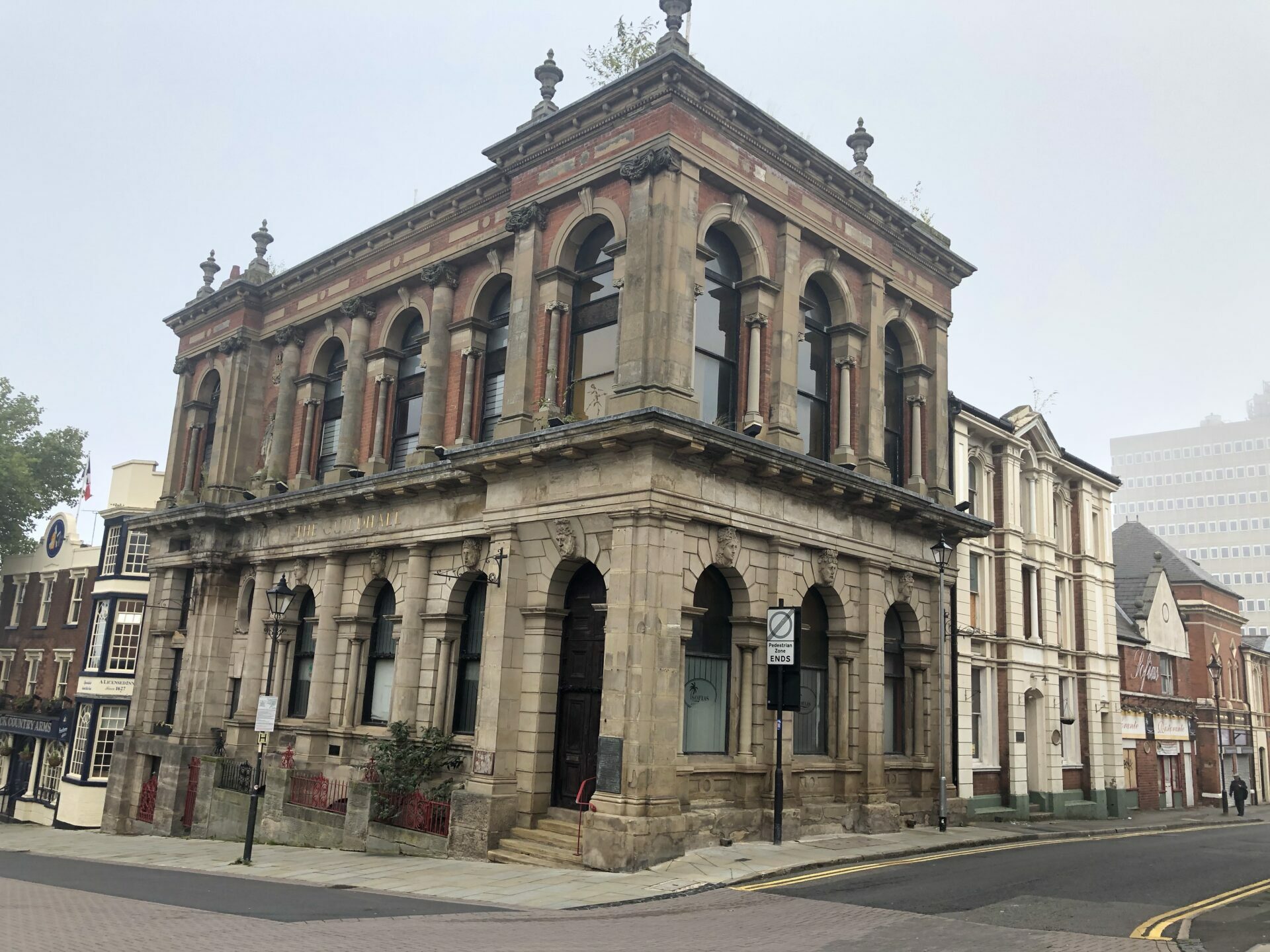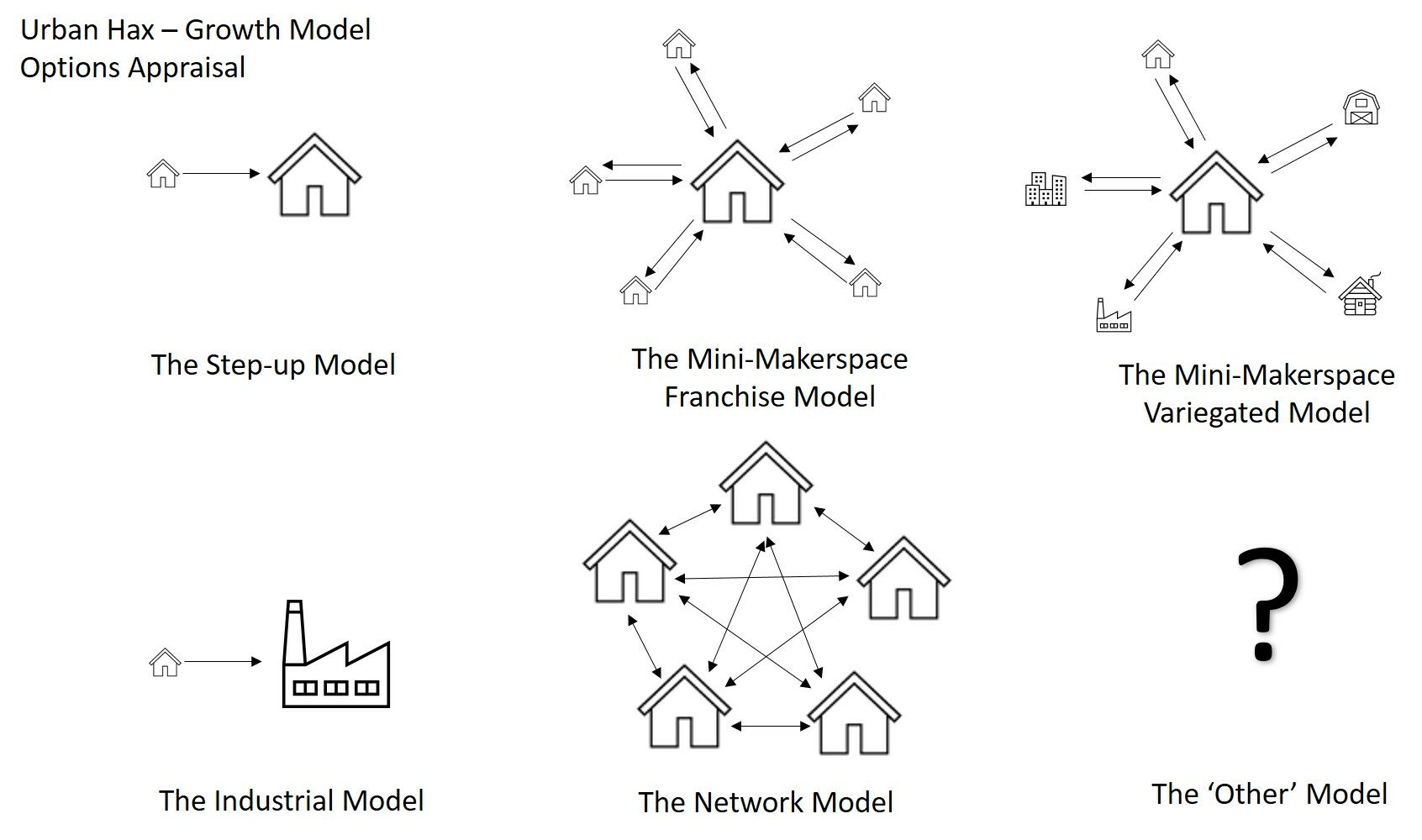Which new factors will urban policies need to focus on post pandemic to encourage economic development, green growth and social cohesion? We can see the early signs of what the new urban spaces may be. It is a common problem and will require specific responses however, there are other factors particularly from a planning perspective. Planners perhaps look at what has worked well in the past, tend not to move too quickly and over emphasise “stability”. The issue of “change of use” is a big procedural issue in local towns – in the with experimentation for mixed use places hard to achieve
New common alliances for reinventing our cities
The role and re-shaping of our urban centres
City centres already in decline pre-pandemic through the move to internet shopping – will this trend now accelerate with a further hollowing out of retail business and service spaces? A focus on repurposing city spaces with active citizen engagement should be seen as a positive outcome aligned with the green growth agenda. What next for city centres with high density of financial and related service sectors with reduced mobility for urban workers through covid restrictions?
A focus on encouraging other sectors to take up newly available spaces could be a response with high growth clusters seeking to welcome new tech startups into now empty spaces. There is a case for collaborative spaces, startup spaces to re-imagine our city centres. Walsall in West Midlands UK – through a proposal led by Urban Hax maker space, is an example of a hub and spoke model for coworking and maker spaces linking within a city region approach.

Digital nomads and the Creative Class
The mobility of workers, particularly creative workers, has been a key factor for decades in city growth. The pandemic has been a major disruptor here. It remains to be seen how this will reconfigure post pandemic particularly with Millennials. There has been a move by some to the suburbs for quality of life, environmentally focused living and reduced commuting time. Working from home (WFH) opens up new possibilities at scale.
A new way of hybrid working combining WFH, coworking and traditional office spaces could emerge. The more heterogeneous and diverse our cities the more innovative they become and perhaps responsive to change. In this context, serendipity spaces for unplanned conversations and insights particularly for the creative sector requiring innovative ideas will continue to be a factor. Maybe there will be new types of these serendipity spaces post Covid?
On the downside of these trends is the observation that growth has not helped some citizens in postindustrial places to the extent envisaged by policy makers through “trickle down” effects with high levels of unemployment and migration to other regions as a consequence. This imbalance in western economies has fostered the notion of a “Leveling Up” agenda in the UK and “Build Back Better” in the USA to address this.

Supply chains – building regional resilience
There is a growing discussion to focus on the need to build regional and national manufacturing centres to offset global uncertainty. Re-shoring was already a factor pre-pandemic in the USA and post Brexit in the UK. Green growth is also a factor – the very nature of global supply chains can be seen as a negative factor in creating carbon emissions. There has been a move to decouple production from China in particular, in terms of national interests, perhaps towards a re-balancing of global trends.
However, the notion of designed in Europe/US made in China is a fragile one in any case and this re-examination of these roles will be a factor post pandemic. Some signs of this effect are evident but are very early and as yet unclear signs – the global pull and economies of scale are still key driving factors against re-shoring at scale. More evident in cities are new types of maker and coworking spaces linked to global brands for prototyping and testing new ideas. Places such as The Factory in Berlin and co-making spaces to scale up from prototype to production as in Fabrica Moderna in Lisbon. STEAMhouse in Birmingham is a university led centre combining interdisciplinary skills and making.
